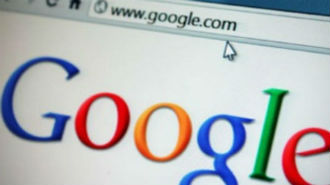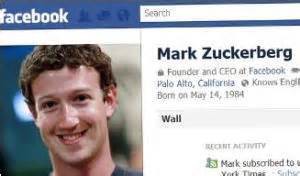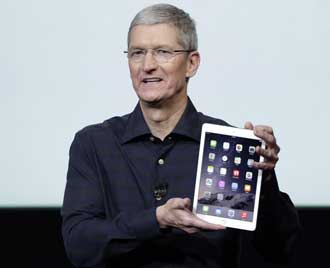 New research has found that only one in ten cloud apps are secure enough for enterprise use.
New research has found that only one in ten cloud apps are secure enough for enterprise use.
According to a report from cloud experts Netskope, organisations are employing an average of over 600 business cloud apps, despite the majority of software posing a high risk of data leak.
More than 15 percent of logins for business cloud apps used by organisations had been breached by hackers.
One in five businesses in the Netskope cloud actively used more than 1,000 cloud apps, and over eight per cent of files in corporate-sanctioned cloud storage apps were in violation of DLP policies, source code, and other policies surrounding confidential and sensitive data.
A quarter of all files are shared with one or more people outside of the organisation, and of external users with links to shared content, almost 12 percent have access to 100 or more files.
Netskope CEO Sanjay Beri said that 2014 left an indelible mark on security – between ongoing high-profile breaches and the onslaught of vulnerabilities like Shellshock and Heartbleed, CSOs and CISOs had more on their plate than ever.
“These events underscore the sobering reality that many in the workforce have been impacted by data breaches and will subsequently use compromised accounts in their work lives, putting sensitive information at risk,” he added.
The research also found that the most insecure apps were primarily linked with marketing, finance and human resource software, while cloud storage, social and IT/app management programmes had the lowest proportion of insecure apps.
“Employees today have shifted from thinking of apps as a nice-to-have to a must-have, and CISOs must continue to adapt to that trend to secure their sensitive corporate and customer data across all cloud apps, including those unsanctioned by IT,” Beri continued.
Google Drive, Facebook, Youtube, Twitter and Gmail were among the apps investigated.
 Google is having a quiet word with the mobile-payments company Softcard with a view to buying the outfit.
Google is having a quiet word with the mobile-payments company Softcard with a view to buying the outfit.
















